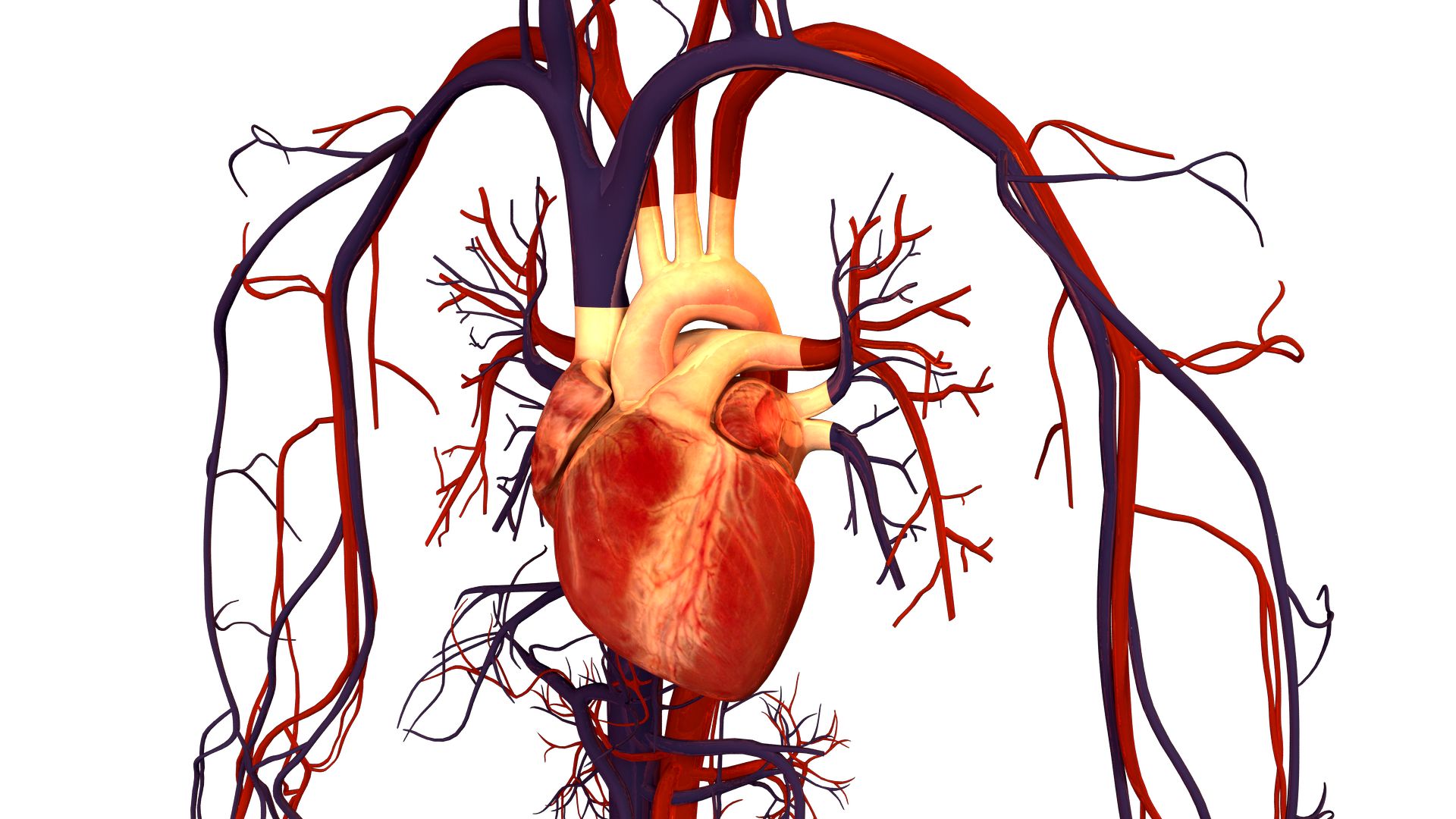
In the complex landscape of human health, few organs command as much attention and respect as the heart. It is a tireless pump, a life-sustaining engine; yet its messages can often be subtle, even misleading. While popular culture often depicts heart problems with dramatic chest clutches and sudden falls, the reality is far more nuanced, making early recognition a critical, life-saving skill.
Indeed, some heart symptoms do not even manifest in the chest, making it remarkably easy to dismiss them as something less serious. This oversight can have dire consequences, as noted by Charles Chambers, MD, director of the Cardiac Catheterization Laboratory at Penn State Hershey Heart and Vascular Institute: “If you are not sure, get it checked out.” This advice becomes even more pressing for individuals aged 60 or older, those who are overweight, or those who have existing conditions like diabetes, high cholesterol, or high blood pressure. As Vincent Bufalino, MD, an American Heart Association spokesman, wisely states, “The more risk factors you have, the more you should be concerned about anything that might be heart-related.”
Perhaps no one understands this better than Dr. Jeremy London, a distinguished heart surgeon who, despite his intimate knowledge of the human heart, found himself on the patient side of the operating table after surviving a heart attack. His story serves as a profound reminder that even medical professionals can intellectualize or dismiss their own critical symptoms. Dr. London, who operates on diseased hearts in Savannah, Georgia, admits, “I absolutely knew better, but did not do better – even in a scenario that I knew was very dangerous.” His powerful personal experience underscores a universal truth: we are all human, and no one is immune to trying to convince themselves that concerning symptoms are “something else.”
This deep dive into the signs Dr. London and other experts urge us never to ignore is not just an educational journey, but a potential lifeline.
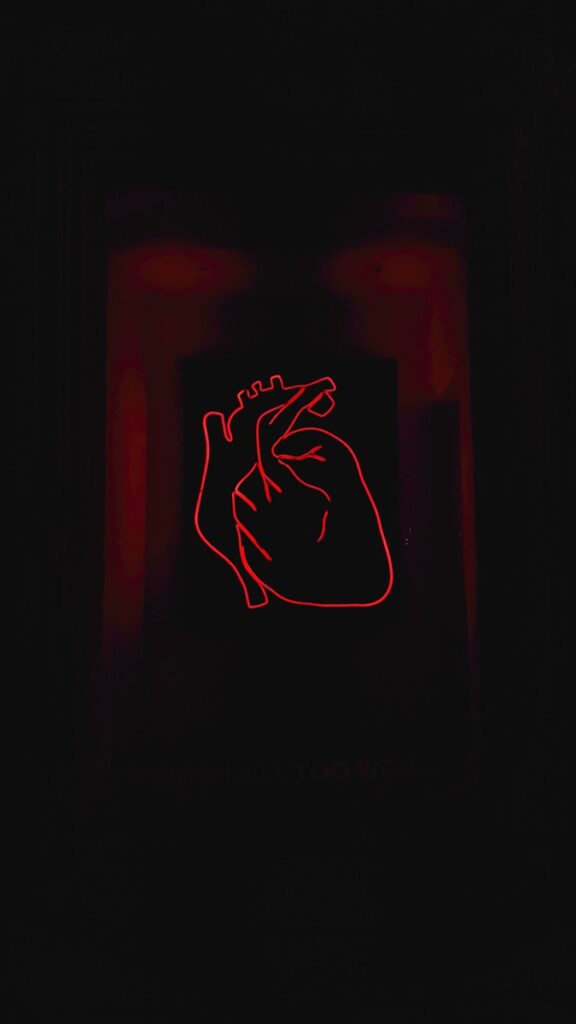
1. **Chest Discomfort: The Classic, Yet Often Misread, Alarm** The sensation of chest discomfort is widely recognized as the most common sign of heart danger, a pivotal warning that demands immediate attention. Whether it is a blocked artery or an active heart attack, the feeling can manifest as pain, tightness, or profound pressure in the chest. Dr. Chambers highlights the varied descriptions from patients, noting, “Some people say it is like an elephant is sitting on them. Other people say it is like pinching or burning.” This sensation is rarely fleeting; it typically lasts longer than a few minutes and can strike whether one is at rest or engaged in physical activity.
Crucially, it is vital to differentiate true heart-related chest pain from other, less serious forms of discomfort. If the pain is very brief, or if it intensifies when one presses on the affected spot, it is less likely to be heart-related. However, even in such cases, seeking medical evaluation remains prudent. The urgency escalates significantly if symptoms are severe and persistent, failing to subside after a few minutes; this warrants an immediate call to 911. The underlying principle here is that every second counts in a cardiac event, a concept medical professionals encapsulate with the phrase “Time is muscle,” emphasizing that rapid intervention can preserve precious heart tissue.
Dr. London’s own harrowing experience illuminates the deceptive nature of chest pain. In December 2022, he felt what he initially rationalized as acid reflux when climbing stairs at home, a sensation that conveniently disappeared with rest. Later, he endured “crushing chest pain,” but it too receded, leading him to take an aspirin and beta blocker in continued denial. His athletic lifestyle and good lab markers fueled his disbelief, making him think, “This cannot be. It is not possible.” However, when the chest pain returned the next morning during another ascent upstairs, he finally conceded and sought hospital care, having ignored his body’s desperate signals for 24 hours. This delay revealed a 99% blockage in his right coronary artery, necessitating a stent, a stark lesson that reinforced his message: “I had really mismanaged the whole situation because I did not pay attention to my body. It was really an eye-opener for me.”
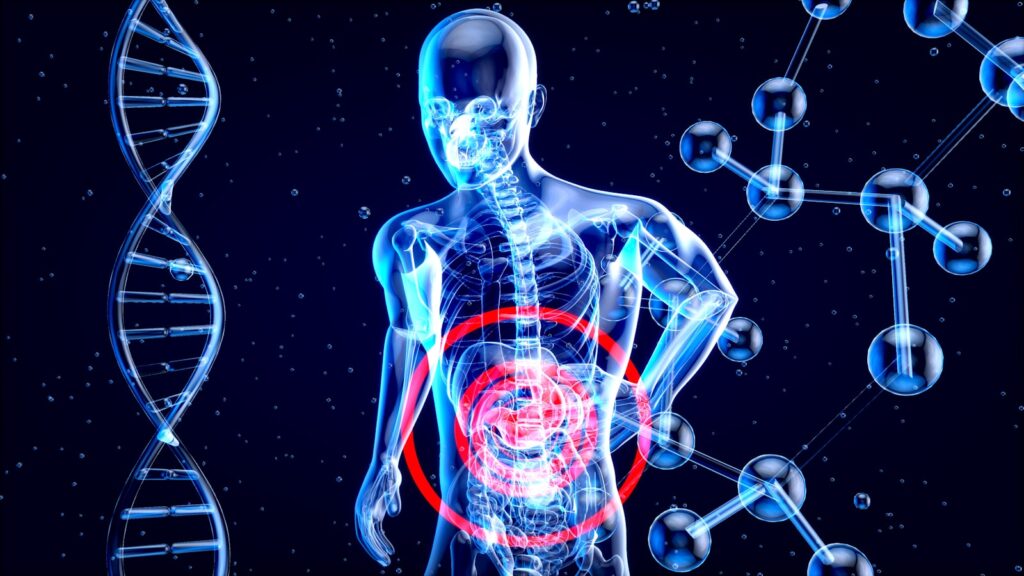
2. **Nausea, Indigestion, Heartburn, or Stomach Pain: The Gastrointestinal Impostor** Among the most deceptive symptoms of a heart attack are those that mimic common gastrointestinal distress: nausea, indigestion, heartburn, or general stomach pain. It is not uncommon for individuals to experience these symptoms during a heart attack, with some even resorting to vomiting. The insidious nature of these symptoms lies in their familiarity; they are so frequently attributed to a simple upset stomach or dietary indiscretion that the underlying, life-threatening cause is completely overlooked.
Women, in particular, are more prone to reporting these types of symptoms during a heart attack, often experiencing them instead of the classic chest pain more commonly associated with men. This distinction is crucial because it can lead to misdiagnosis or delayed treatment, as both patients and sometimes even healthcare providers may initially lean towards a non-cardiac explanation. Dr. London’s personal ordeal perfectly illustrates this pitfall: he repeatedly dismissed his own symptoms as mere acid reflux, a seemingly benign explanation for discomfort that was, in reality, a critical signal of a coronary artery blockage.
Therefore, if you experience sudden or unusual stomach discomfort, especially if it is accompanied by other concerning signs, it should never be automatically dismissed. While it might indeed be indigestion, the stakes are too high to make such an assumption. If you have any risk factors for heart disease, or if these symptoms appear alongside feelings of lightheadedness, shortness of breath, or unexplained sweating, seeking prompt medical attention becomes paramount. Recognizing this gastrointestinal impostor as a potential heart warning is a key step in protecting your health.

3. **Shortness of Breath: The Unsettling Struggle for Air** Shortness of breath, a distressing sensation of being unable to catch one’s breath, serves as another critical warning sign that one’s heart might be struggling. This is not merely about feeling winded after strenuous exercise; it is about experiencing breathlessness or an overwhelming feeling of fatigue that is disproportionate to the activity one is undertaking. Dr. London vividly describes this as feeling exhausted after simple tasks like walking to one’s mailbox, taking out the garbage, climbing a single flight of stairs, or even just taking a shower.
This symptom can indicate several serious underlying cardiac issues. It might signal a blockage in a coronary artery that, while not yet severe enough to cause chest pain, is nevertheless impairing blood flow. Alternatively, it could point to a blocked heart valve. In more advanced cases, persistent shortness of breath, particularly when lying flat, is a classic symptom of heart failure. This occurs when the heart’s compromised pumping efficiency causes fluid to back up into the pulmonary veins and leak into the lungs, leading to a persistent cough, wheezing, and the feeling of gasping for air even at rest.
While lung conditions can also cause shortness of breath, making it a potentially confusing symptom, its presence warrants immediate investigation to rule out a cardiac origin. Doctors may often recommend tests such as an echocardiogram or a stress test to determine if the heart is indeed the root cause. If one suddenly finds oneself struggling for breath after routine activities, or experiencing it while at rest, especially if it is a new or worsening symptom, it is a significant red flag that demands urgent medical evaluation. Do not delay, as one’s heart may be sending a critical plea for help.

4. **Lightheadedness or Almost Passing Out: The Brain’s Cry for Blood** Feeling lightheaded, faint, or as if one is on the verge of passing out, particularly when standing up or engaging in minimal activity, is a profoundly dangerous sign that should never be ignored. This symptom indicates that one’s brain is not receiving an adequate supply of blood, which can be a direct consequence of one’s heart malfunctioning. It could mean that one’s heart is beating too slowly, too fast, or irregularly, preventing efficient blood circulation throughout the body.
Dr. London specifically highlights this as a very dangerous sign of aortic stenosis, a condition characterized by a narrowing of the aortic valve opening, which restricts blood flow from the heart to the rest of the body. Beyond aortic stenosis, these dizzy spells can also be alarmingly associated with coronary heart disease or abnormal heart rhythms. In essence, any sudden drop in blood pressure caused by cardiac distress can lead to this unsettling sensation, signaling that one’s heart is in trouble and failing to maintain proper circulation.
If one experiences lightheadedness in conjunction with other symptoms like chest pain, shortness of breath, or unexplained sweating, it amplifies the urgency of the situation. This “trifecta” of symptoms, as some experts describe it, constitutes a major warning sign. It is a clear indication that one’s cardiovascular system is under severe strain and requires immediate medical attention. Do not dismiss these moments of dizziness; they are a red flag signaling a potential emergency that could save one’s life if acted upon swiftly.
5. **Extreme Fatigue: The Unexplained Drain on Your Energy** While feeling tired at the end of a long, busy day is a universal experience, unexplained or extreme fatigue is a red flag that could signal an underlying heart issue. This is not simply being sleepy; it is a profound, unusual weariness that can leave one feeling drained without any apparent reason, making even simple, routine tasks feel overwhelmingly strenuous. Imagine struggling with activities that previously required no effort, such as walking a short distance, climbing a few stairs, or carrying groceries.
This type of persistent exhaustion can be a direct result of one’s heart working harder than it should to distribute oxygenated blood throughout one’s body. When the heart’s pumping efficiency is compromised, it has to exert more effort to meet the body’s demands, leading to this pervasive sense of fatigue. This symptom is particularly noteworthy for women; approximately 70% of women report experiencing unusual fatigue as an early warning sign before a heart attack, often dismissing it as mere stress or a lack of sleep.
Dr. London, a survivor himself, emphasizes the critical importance of listening to one’s body’s signals. If one is suddenly feeling unusually tired and exhausted, but also restless and stressed without a clear explanation, it could be one’s heart attempting to warn one. Such alarming fatigue needs to be investigated immediately by a medical professional. Do not write it off as just “getting older” or “being busy”; this potentially life-saving clue demands one’s serious attention and prompt action.
Having explored the more commonly recognized and some deceptively presented symptoms of a heart attack, our journey into heart health awareness continues. It is crucial to remember that the heart communicates in myriad ways, and some of its most urgent pleas can be masked by everyday discomforts or seemingly unrelated bodily changes. Recognizing these subtle yet dangerous signals is a powerful act of self-preservation, empowering one to respond swiftly and effectively when one’s body whispers warnings before it has to shout.

6. **Swelling in Legs: A Hidden Sign of Circulatory Distress** While many factors can lead to swollen legs, particularly around the ankles and feet, this seemingly innocuous symptom can be a significant red flag for an underlying heart condition, especially heart failure. When one’s heart struggles to pump blood effectively, fluid can begin to back up in one’s body, often pooling in the lower extremities due to gravity. This accumulation manifests as swelling, a sign that one’s cardiovascular system may be under considerable strain.
Dr. London, with his practical wisdom, describes how this might appear: “When individuals take off their socks, they may notice a deep ring around their ankles, and this does not disappear when they elevate their legs.” Such persistent swelling, where the skin may appear shiny or feel tight, warrants immediate attention. While leg swelling does not exclusively point to coronary artery disease, it strongly suggests plaque buildup in blood vessels elsewhere, increasing one’s risk for heart disease. It is a clear signal that one’s circulation needs evaluation, as a lack of proper blood flow can also cause feet to feel numb, tingly, or even discolored.
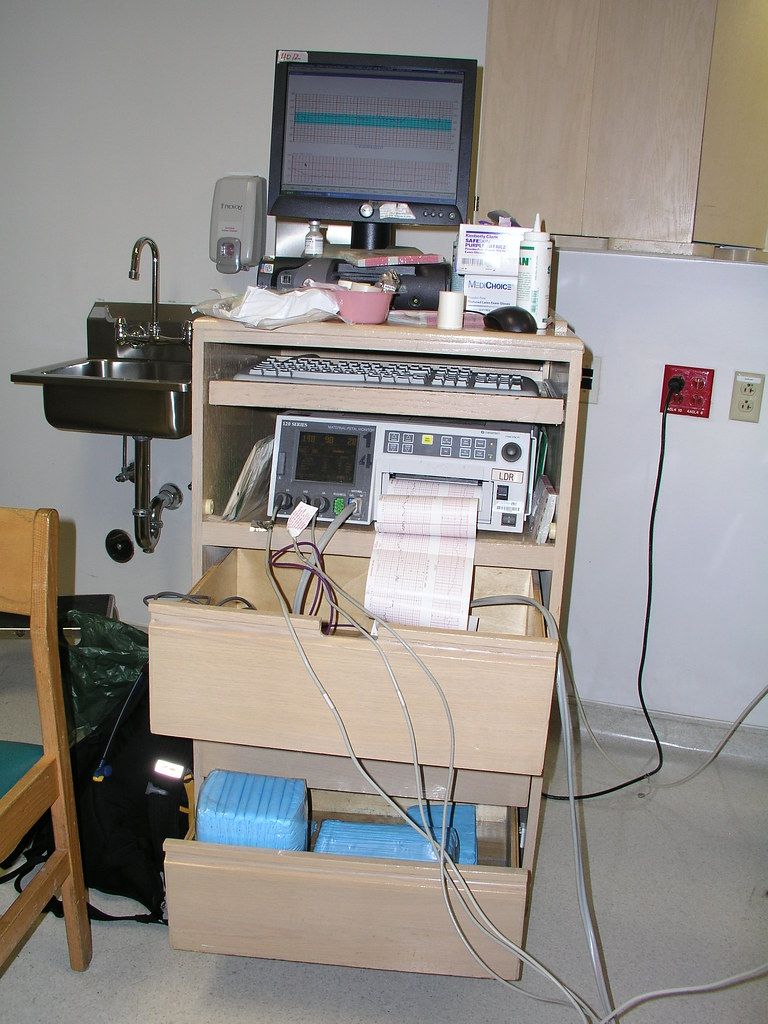
7. **Irregular Heartbeats: When Your Heart Skips a Crucial Beat** The rhythm of one’s heart is a vital indicator of its health, and any noticeable deviation—whether it is a skipped beat, a fluttering sensation, or a racing pulse—should be taken seriously. These irregular heartbeats, known as palpitations, can be alarming, sometimes even perceptible in one’s ears or throat. While occasional palpitations can be harmless, perhaps brought on by excessive caffeine intake or stress, persistent or severe irregularities necessitate a closer examination.
This symptom becomes particularly concerning if it occurs without a clear trigger, or if it is accompanied by other signs such as chest pain, dizziness, or shortness of breath. An erratic heartbeat could indicate an arrhythmia, a condition in which the heart’s electrical impulses do not function correctly, impairing its ability to pump blood efficiently. If the heart is deprived of oxygen due to a blockage, it might go into overdrive in an attempt to compensate, resulting in these irregular rhythms. If one experiences these symptoms, especially in combination with other warning signs, seeking immediate consultation with a cardiologist is of paramount importance to determine the underlying cause and safeguard one’s heart health.
8. **Unexplained Sweating: The Body’s Stress Signal** Sweating is a natural bodily function, especially during physical exertion or in hot environments. However, experiencing a sudden, profuse cold sweat when one has not been active or it is not particularly warm is a significant warning sign that one’s body is under duress. This is not merely about feeling slightly clammy; it is a distinct sensation of being cold and sticky, often indicative of an acute stress response within one’s system.
Such unexplained sweating can be one’s body’s visceral reaction to a stressful event, such as a blocked artery or an impending heart attack. It suggests that one’s body is entering a “fight or flight” mode, a desperate attempt to cope with a sudden, internal crisis. When this cold sweat occurs in conjunction with other symptoms on this list—such as chest pain, dizziness, or shortness of breath—the urgency increases dramatically. One should not dismiss it as a mere chill or a momentary discomfort; it is a critical cue that warrants immediate medical attention and a call to 911.

9. **Loud Snoring: A Nighttime Strain on Your Heart** While snoring is a common nighttime occurrence for many individuals, loud snoring that includes gasping, choking sounds, or moments when breathing actually ceases is far from harmless. This pattern is characteristic of sleep apnea, a condition in which breathing repeatedly stops and restarts during sleep. Although it occurs when one is unconscious, sleep apnea places a tremendous and sustained strain on one’s cardiovascular system, silently elevating one’s risk of serious heart problems, including heart attack and stroke.
The repeated interruptions in breathing result in drops in blood oxygen levels and surges in blood pressure, forcing one’s heart to work harder to compensate. Over time, this chronic stress can severely damage one’s heart. If one’s partner reports unusually loud snoring, gasping, or pauses in one’s breathing during sleep, or if one consistently wakes up feeling unrefreshed despite having adequate sleep, it is essential to have this investigated. A CPAP machine, for instance, can help manage sleep apnea and relieve this nocturnal stress on one’s heart, turning a seemingly benign habit into a critical health concern.
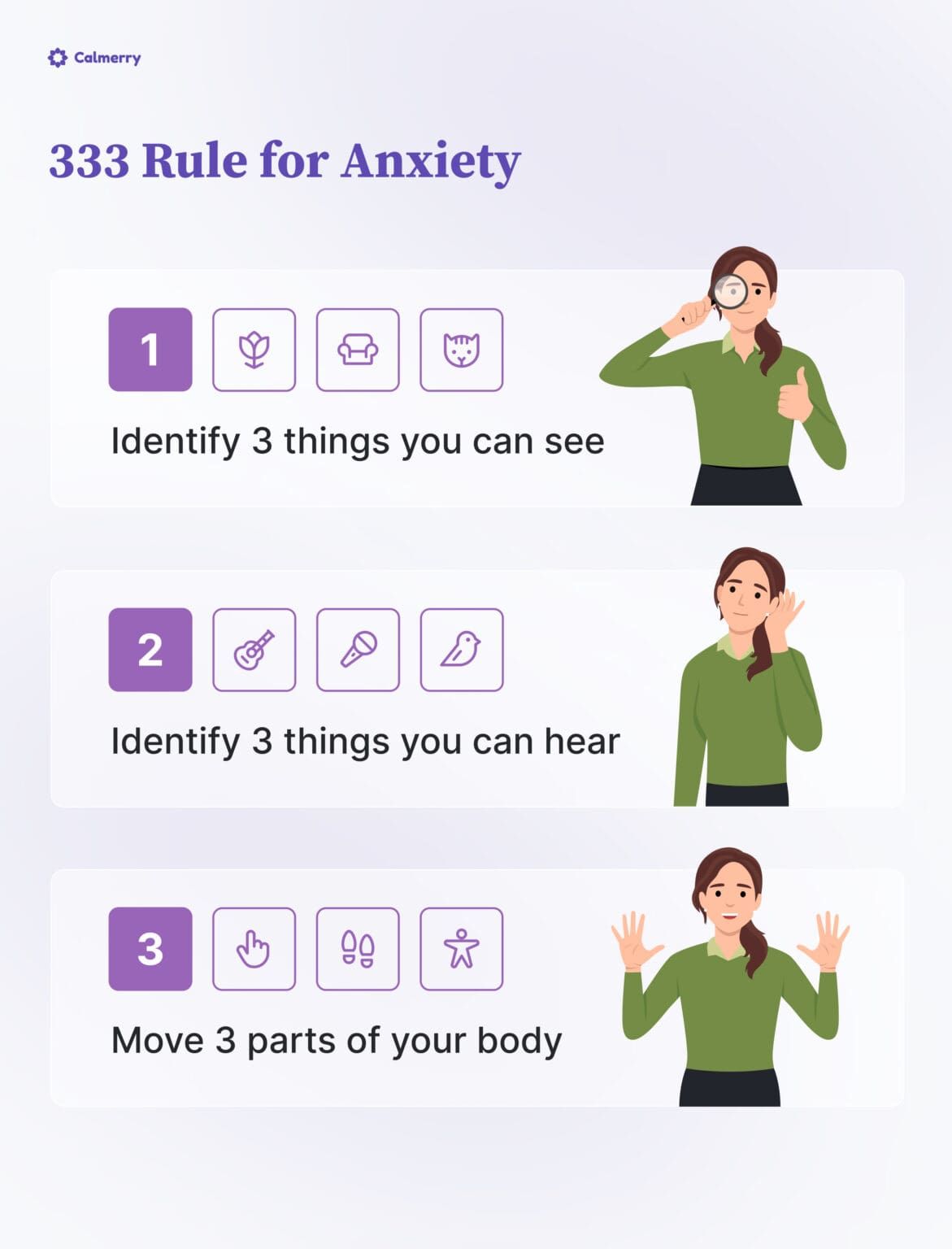
10. **Anxiety or a “Sense of Impending Doom”: An Intuitive Warning** Perhaps the most unsettling and mystifying of all heart attack symptoms is a sudden, unprovoked feeling of intense anxiety or a profound “sense of impending doom.” This is not merely everyday stress or worry; it is a visceral, intuitive premonition that something is gravely amiss, a deep – seated fear that can precede more conspicuous physical symptoms. Patients frequently report experiencing this feeling as a precursor to life – threatening medical episodes, including seizures, strokes, or heart attacks.
This powerful internal alarm can be particularly perplexing because anxiety itself is a common emotion with numerous causes. However, when this overwhelming sensation arises without any discernible external trigger, it serves as a critical internal warning from one’s body. In many instances, this sense of dread may even manifest before any chest pain, shortness of breath, or other more tangible symptoms commence. One’s body’s intuition is remarkably potent, and learning to trust these primal signals can be life – saving. If one experiences such a sudden, acute surge of panic or anxiety, especially when unprovoked, it is imperative to seek immediate hospital care.
Understanding these critical warning signs is the first, crucial step toward safeguarding one’s heart, but true heart health is also built on proactive measures and swift action. As Dr. London profoundly stresses, “We all need to do a better job of taking responsibility for our own bodies and our own health care. And where does that start? By listening to our bodies.” This profound awareness, however, is merely the beginning of a lifelong commitment to one’s cardiovascular well – being.
The stark truth in cardiac emergencies is encapsulated by the medical adage: “Time is muscle.” Every minute that blood flow is interrupted to a portion of the heart results in irreversible damage to precious heart muscle. This makes rapid identification of symptoms and immediate medical intervention not just important, but absolutely vital for preserving heart function and enhancing survival rates. Delaying treatment can have devastating consequences, transforming a recoverable event into a life – altering or fatal one.
Therefore, if one or someone one knows exhibits any combination of these warning signs, particularly severe chest pain, shortness of breath, or that inexplicable sense of doom, do not hesitate. Call 911 immediately. It is always better to err on the side of caution. Paramedics can initiate life – saving treatments en route to the hospital, a critical head start that can make all the difference in the outcome. Self – transportation risks valuable time and precludes early interventions that only emergency medical services can provide.
Ultimately, while recognizing the symptoms of a heart attack is of paramount importance, the best strategy is always prevention. Reducing one’s risk factors through lifestyle choices can significantly lower one’s chances of experiencing a cardiac event. This includes adopting a heart – healthy diet rich in fruits, vegetables, and whole grains, while restricting unhealthy fats and processed foods. Engaging in regular physical activity, even just 15 minutes of brisk walking daily, strengthens one’s heart, improves circulation, and helps manage weight and blood pressure. Furthermore, effectively managing stress through practices like meditation or hobbies can mitigate its damaging effects on one’s cardiovascular system.
Finally, regular health check – ups are indispensable. Consistent monitoring of blood pressure, cholesterol levels, and blood sugar enables doctors to identify and manage risk factors proactively, long before they escalate into an emergency. By combining vigilant self – awareness with a commitment to a healthy lifestyle and prompt medical attention when needed, one truly empowers oneself to safeguard one’s heart, ensuring it continues its tireless work for years to come. One’s heart speaks to one; listen intently, and respond with care.





